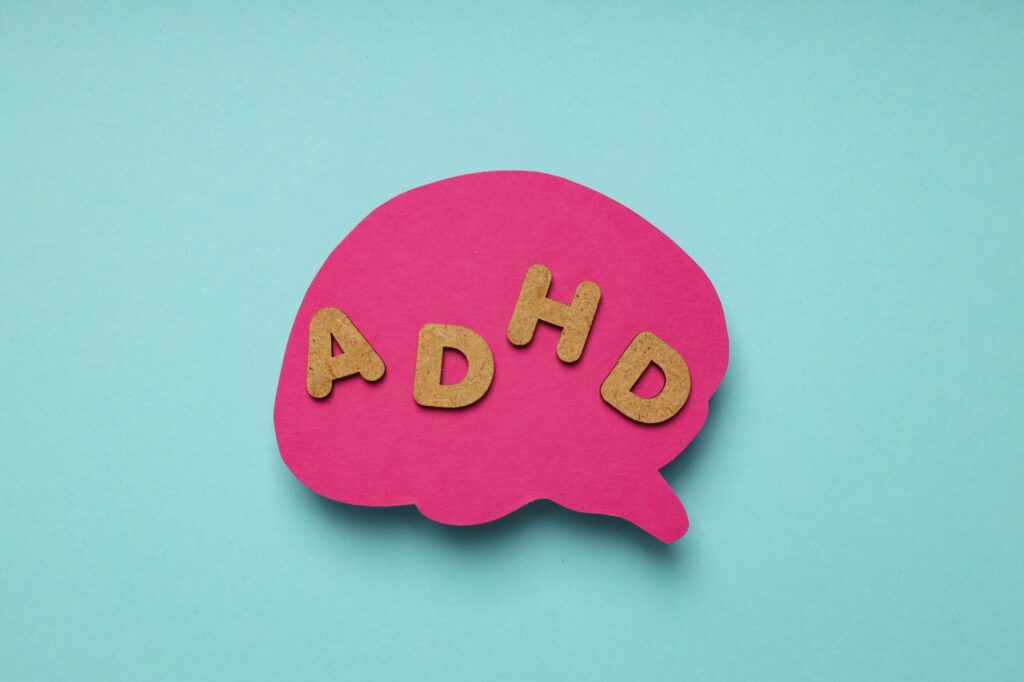Introduction:
ADHD, or Attention Deficit Hyperactivity Disorder, is not limited to childhood; it can persist into adulthood. Understanding and managing ADHD symptoms are crucial for adults to navigate daily life and achieve personal success. In this article, we will explore strategies to manage ADHD symptoms effectively and thrive in various aspects of life.
Understanding ADHD in Adults:
ADHD in adults is characterized by persistent difficulties with attention, hyperactivity, and impulsivity. Symptoms may manifest differently in adulthood, including challenges with organization, time management, and maintaining focus. ADHD can significantly impact work performance, relationships, and overall well-being.
Diagnosis and Professional Guidance:
Seeking a professional diagnosis is essential for adults suspecting ADHD. Consultation with healthcare professionals specializing in ADHD, such as psychiatrists or psychologists, is recommended. Through comprehensive evaluation and assessment, an accurate diagnosis can be made, enabling appropriate treatment and support.
Managing ADHD Symptoms:
Managing ADHD involves a combination of strategies. Medication, such as stimulants or non-stimulants, can help improve focus, reduce impulsivity, and enhance self-control. Behavioral therapies, including cognitive-behavioral therapy (CBT), can provide tools to develop coping mechanisms, organizational skills, and time management techniques.
Thriving in Everyday Life:
Adults with ADHD can thrive in various aspects of life by implementing effective strategies. At work or in education, breaking tasks into smaller, manageable steps, using visual aids, and setting clear goals can enhance productivity and focus. Time management techniques, such as prioritizing and using reminders, can help individuals stay organized.
Emotional Well-being and Self-Care:
Emotional well-being is crucial for adults with ADHD. Recognizing and managing emotional challenges, such as frustration or anxiety, is essential. Engaging in self-care practices, such as exercise, mindfulness, and sufficient rest, can contribute to overall mental well-being. Seeking support from mental health professionals, joining support groups, and engaging in therapy can provide guidance and emotional support.
Navigating Challenges and Seeking Support:
Challenges faced by adults with ADHD can be addressed through various means. Open communication with family, friends, and colleagues about ADHD helps foster understanding and support. Advocating for accommodations in educational or work settings, such as flexible schedules or assistive technologies, can help individuals navigate challenges effectively.
Celebrating Success and Personal Growth:
Recognizing personal achievements, both big and small, is vital. Celebrating strengths associated with ADHD, such as creativity and thinking outside the box, can boost self-esteem. Embracing self-compassion and resilience when facing challenges is key to personal growth and maintaining a positive mindset.
Conclusion:
Managing ADHD symptoms is an ongoing process, but with the right strategies and support, adults with ADHD can thrive in their personal and professional lives. By seeking professional guidance, implementing effective management techniques, and fostering emotional well-being, individuals can navigate everyday challenges successfully. Embracing the unique qualities of ADHD, celebrating personal achievements, and cultivating self-compassion contribute to a fulfilling and empowered life for adults with ADHD.


